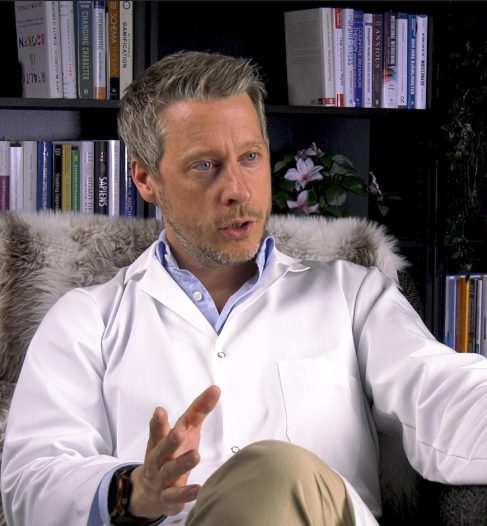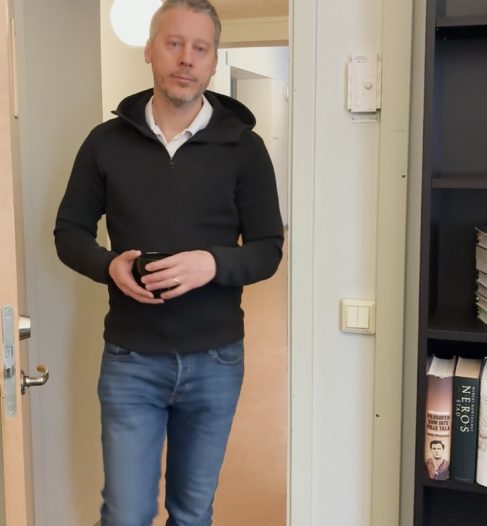Hi, I´m Robert!
I’m a licensed psychologist from Sweden, and for more than a decade I’ve helped people understand what’s actually happening during their panic attacks, so the fear feels less overwhelming.
But before the titles, the training, and all the clinical experience…
I’m someone who has sat with hundreds of people who felt terrified by their own bodies, unsure why everything suddenly felt so intense, and unsure where to turn next.

How I work with Panic Attacks
My approach is simple:
I explain panic in a way the nervous system, and the person, can actually understand.
Not “just breathe.”
Not “try to relax.”
Not the generic advice you’ve probably heard a hundred times.
Instead, I combine:
• psychology
• physiology
• neuroscience
• learning theory
• nervous-system science
• and a decade of real clinical experience
…to show you why your symptoms feel the way they do, and how the panic loop forms and can be unlearned.
My goal is always the same:
To help you see what your body is doing so the fear stops feeling like a mystery.

Why I created online resources
I saw the same problem over and over:
People were suffering alone because…
• therapy was too expensive
• waitlists were months long
• they lived far from specialists
• or they felt ashamed to ask for help
I remember thinking:
There has to be a way to give people the explanations they deserve, without barriers.
So I created online resources to be clear, structured, accessible versions of the tools I use in real clinical work.
Not therapy.
Not a replacement for treatment.
But a way to give people the knowledge they should have had years ago.

My clinical background
Licensed psychologist in Sweden (since 2012)
10+ years of experience in:
• Adult & adolescent psychiatry
• Primary care
• School psychology
• Private practice
• Digital mental health
Work with:
• Panic disorder
• Anxiety disorders
• OCD
• PTSD
• Depression
• Burnout
• ADHD / ASD / bipolar assessments
Training: CBT, ACT, metacognitive therapy, exposure-based therapy, psychoeducation, integrative therapy.
Some words from my clients
"It was really a change for my life when I start the treatment.
Thanks for the help."
"Not the typical advice. This psychologist goes deep. Put you first. Amazing journey."
"OMG.
I feel so much better like 90%!
I don’t want to jinx this, but thx you so much!"
"He listened to me. He’s really listening. Thank you so much!"
A Clear Path Through Panic
Panic can feel isolating.
It can make you doubt yourself, your body, and your future.
But you’re not broken – and you’re not alone.
There is a way to understand what’s happening in your system.
There is a way to break the panic loop.
And thousands of people have done it by learning the science behind their symptoms.
If you’d like support as you find your own way forward, you’re welcome to explore the resources I’ve created. You can take everything at your own pace, in your own time.
And if you ever have a question, about panic, the program, or anything you’re unsure about, you can always reach out to me.
🌿 I’m here to help.

